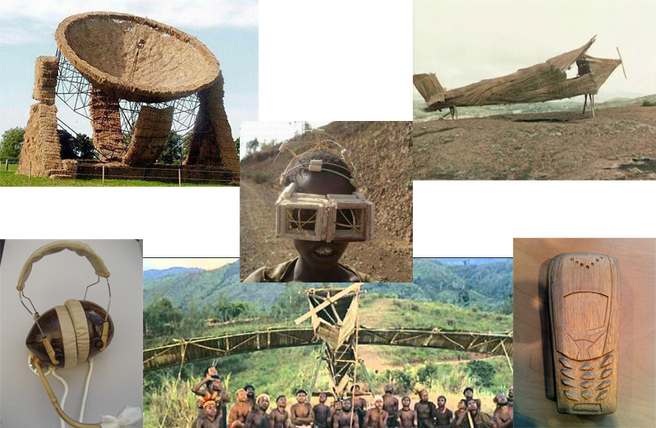Again, both of your (
@banditsat12oclock and
@FatPhil) positions are mutually reconcilable to some extent.
There are two subtle issues here which can be easily confused with one other:
(1) All of us know that we will never know everything while able to know an ever-increasing amount of things.
(2) Many of us also strongly intuit that reality is ultimately greater than our comprehension, and the part that is greater is by definition unknowable.
Science, humanities, observation and exploration deal with the former quest –
the ever-increasing acquisition of knowledge about the reality. (Science, by the way, is
not based on the idea that everything is knowable). Philosophy and religion, in their purest, rarest and unadulterated form, I argue, deal with the latter –
the acknowledgement of our ignorance, smallness and humility before that which is utterly unknowable. This, by the way, has nothing to do with aliens, astral beings, nor conventional anthropomorphic notions of God or gods. But it can be described as a kind of a theology, also known as negative or apophatic theology – the acknowledgement that something beyond all humanly conceivable categories nothing-less-than 'exists' (while even 'existence' remains a humanly conceivable predicate).
Put in logical terms,
if there is something that is greater than our capacity to know,
then it's by definition unknowable. The idea that a superior existence cannot be understood by an inferior one is based on the law of identity (for all a: a = a).
A reformulation of the law is that nothing is greater nor lesser than it is. The mind of man is only as great as it is. If the human mind -- defined as the human capacity to know and understand -- can know and understand something greater than itself, then the human capacity to know and understand would be greater than the human capacity to know and understand, which violates the law of identity. A mind of any given being can't therefore know and understand anything more sophisticated than itself. At best it could know "of" such a thing. Its existence.
Now, here's the epistemological problem with interdimensional beings or aliens with superior intelligence. They
don't qualify as unknowable. Whatever is describable using our known linguistic categories and predicates, such as 'beings', 'spacecrafts', 'physical appearances', 'movements', 'lights', 'intelligence', 'dimensions', is knowable at least to the extent of these categories. If we are to accept these known categories in our description of aliens, it would be intellectually dishonest not to accept, by the same token, the known physical laws governing the mentioned categories. And yet whenever any piece of sketchy evidence on aliens is questioned for violating known laws of physics, we move the goal posts by claiming they're actually beyond the categories of known physics. If so, let's then stop, from the outset, referring to these beings using known physical categories. Yet, all of science fiction uses known physical categories.
Whereas something that is actually beyond all humanly conceivable intellectual categories, linguistic descriptions and predicates can never be even approached intellectually.
To qualify as totally unknowable is to be something which even our most profound philosophical or scientific concepts – be it time-space, singularity, quantity, infinity, energy, mass, law, force, dimension, power, heat, light, motion, consciousness and even the idea of existence itself – cannot describe. If such a thing exists, it would be more aptly characterized as 'divine' than as 'aliens' or 'interdimensional beings'. And we would just have to humbly acknowledge that we will never be able to see, know or understand it.
Apologies again for philosophizing, but it seemed relevant to what was being discussed.




